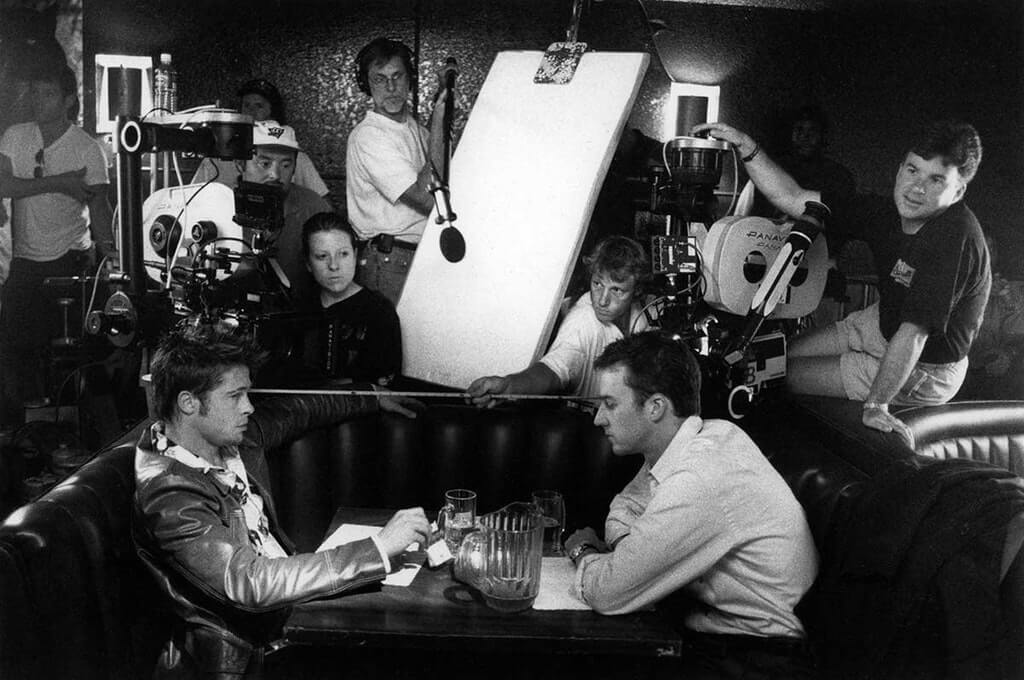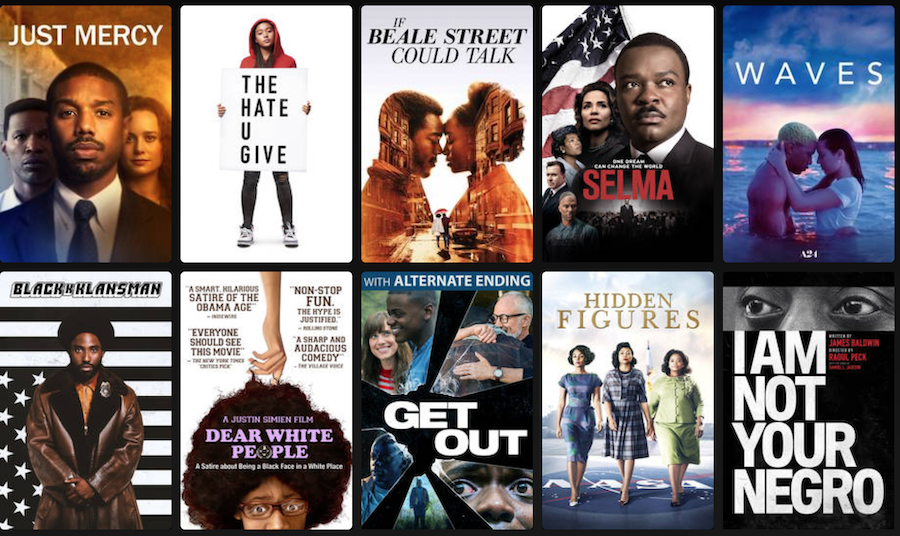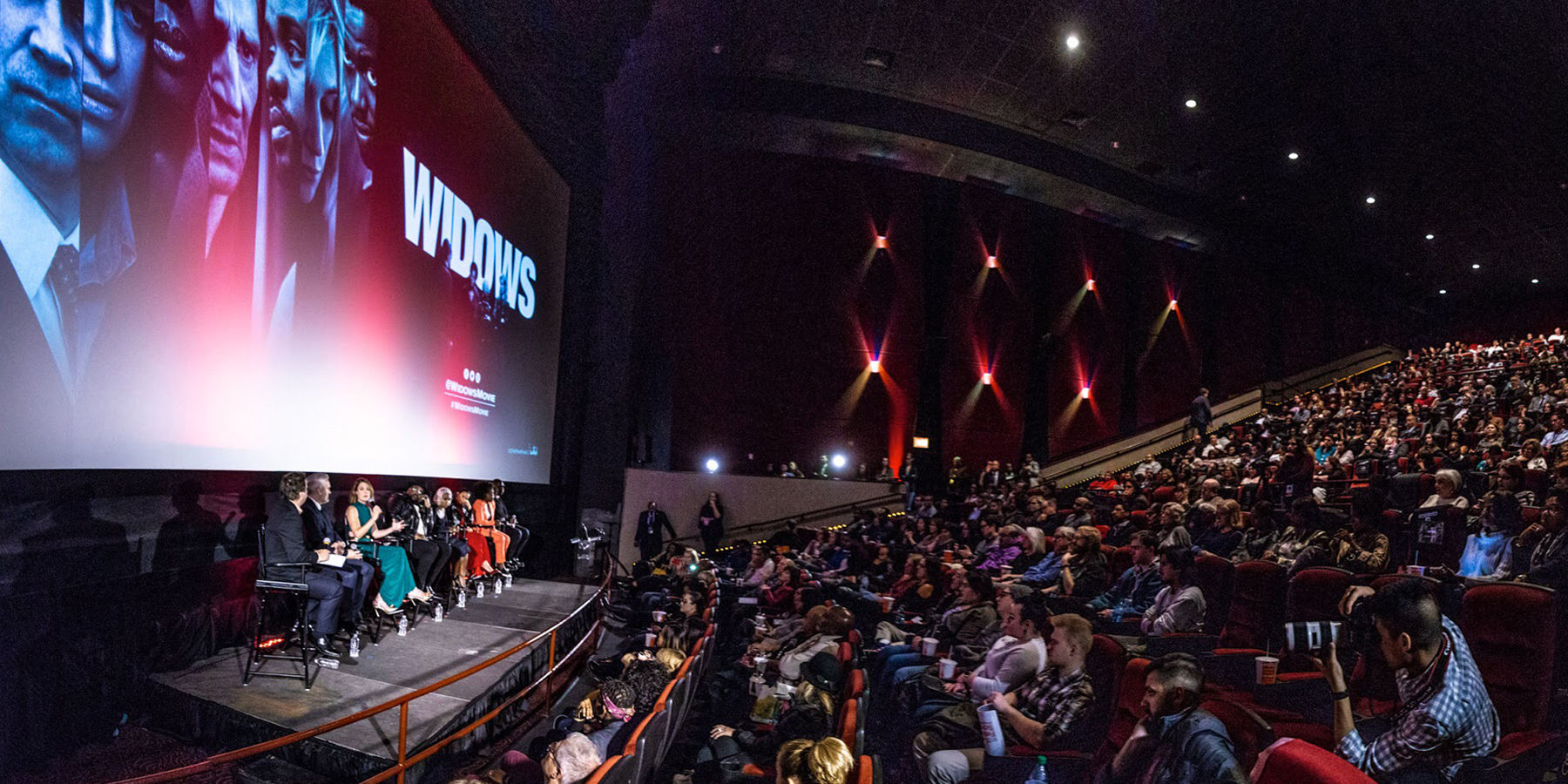How to Utilize Movie Soundtracks and Scores for Maximum Impact
Discover how utilizing movie soundtracks impact your content. Maximize engagement with powerful music. Learn more

The Significance of Movie Soundtracks and Scores
In the realm of cinema, the importance of movie soundtracks and scores cannot be overstated. These musical compositions play a pivotal role in enhancing the overall cinematic experience, often serving as the unsung heroes behind our favorite films. While visual elements, acting, and storytelling are undoubtedly crucial, the auditory dimension introduced by?soundtracks and scores?adds depth, emotion, and resonance to a movie. In this exploration, we will delve into the multifaceted importance of movie soundtracks and scores, examining how they contribute to storytelling, evoke emotions, establish ambiance, and even become iconic in their own right.
Enhancing Storytelling
1.1 Setting the Tone?Movie soundtracks and scores?serve as storytellers in their own right. From the very beginning of a film, the opening notes of music can set the tone and prepare the audience for what is to come. For instance, the ominous and suspenseful music in Alfred Hitchcock's "Psycho" immediately alerts viewers that they are in for a thrilling and suspense-filled experience. On the other hand, the whimsical melodies of Disney's "The Lion King" convey a sense of adventure and wonder. These musical cues give audiences valuable insights into the narrative's mood and themes before a single word is spoken or scene is shown.
1.2 Conveying Emotions One of the primary roles of movie soundtracks and scores is to evoke emotions. They can amplify the joy of a romantic scene, intensify the suspense in a thriller, or deepen the sadness in a dramatic moment. For example, John Williams' iconic score for "E.T. the Extra-Terrestrial" enhances the emotional connection between the alien and the young protagonist, Elliott, creating a heartwarming and unforgettable experience for audiences. Similarly, Hans Zimmer's powerful composition for "The Dark Knight" adds tension and complexity to the character of Batman and his nemesis, the Joker.
1.3 Character?Development Movie soundtracks?and scores also contribute to the development of characters. By associating specific musical motifs with individual characters, composers help viewers form deeper connections with the protagonists and antagonists. For instance, the leitmotif of Darth Vader in the "Star Wars" saga instantly evokes his imposing presence and malevolence. These musical themes become an integral part of character identity, providing a subtle layer of storytelling that resonates with the audience.
Creating Atmosphere
2.1 Establishing Time and Place Soundtracks and scores are powerful tools for transporting audiences to different times and places. Whether it's the swinging jazz tunes of the 1920s in "The Great Gatsby" or the epic orchestral compositions of Middle-earth in "The Lord of the Rings," the music helps create a vivid sense of the movie's setting. Through carefully selected instruments, rhythms, and melodies, composers infuse cultural and historical authenticity into the film's atmosphere.
2.2 Enhancing Suspense and Thrills In genres like horror and thriller, movie soundtracks and scores are instrumental in building tension and suspense. The use of dissonant chords, eerie soundscapes, and sudden crescendos can send shivers down the audience's spines. Consider the nerve-wracking music in Steven Spielberg's "Jaws," which turns the unseen threat of a giant shark into a pulse-pounding experience. Without the suspenseful score, the film would lose much of its terrifying impact.
2.3 Shaping Action Sequences Action sequences in movies often rely on dynamic and energetic scores to intensify the excitement. The rapid tempo, percussive elements, and high-energy instrumentation propel viewers into the heart of the action. Christopher Nolan's "Inception" is a prime example of how a pulsating soundtrack by Hans Zimmer enhances the gravity-defying action scenes, creating a sense of urgency and exhilaration.
Becoming Iconic
3.1 Memorable Themes Some movie soundtracks and scores become iconic in their own right, transcending the confines of the film to become cultural touchstones. These memorable themes have the power to evoke nostalgia and recognition decades after the movie's release. John Williams' "Star Wars" theme, for instance, is instantly recognizable and has become synonymous with the epic space saga. Such iconic themes have a lasting impact on both the film industry and popular culture.
3.2 Awards and Recognition Composers and their movie soundtracks often receive recognition and accolades in the form of awards. The Academy Awards, for example, have a category for Best Original Score, acknowledging the vital role of music in film. Winning an Oscar in this category not only honors the composer's talent but also highlights the importance of movie scores in the overall?cinematic experience.
3.3 Cultural Influence The impact of movie soundtracks extends beyond the cinema, influencing various aspects of culture. These compositions inspire cover versions, remixes, and adaptations in other media, such as video games and television. Additionally, the music often finds its way into concert halls, where orchestras perform live renditions, allowing audiences to relive the cinematic magic in a new and immersive way.
Elevating Artistic Collaboration
4.1 Collaborative Synergy The creation of movie soundtracks and scores is a collaborative process that brings together composers, directors, and musicians. This synergy between different artistic talents often results in a harmonious blend of visuals and sound, amplifying the overall impact of the film. Directors and composers work closely to ensure that the music aligns with the director's vision, reinforcing the narrative and emotional arcs. This collaborative effort can lead to innovative and groundbreaking compositions that push the boundaries of cinematic storytelling.
4.2 Musical Innovation Movie soundtracks and scores have been at the forefront of musical innovation. Composers frequently experiment with new sounds, instruments, and genres to create unique sonic landscapes that enhance the viewing experience. For instance, Vangelis' electronic score for "Blade Runner" introduced audiences to a futuristic and dystopian world, perfectly complementing Ridley Scott's visionary film. Such innovative approaches not only enrich the film but also push the boundaries of music composition.
Cultural Significance
5.1 Cross-Cultural Appeal Movie soundtracks and scores have the ability to transcend cultural boundaries, making them accessible and relatable to a global audience. The universal language of music allows viewers from diverse backgrounds to connect with the emotions and themes portrayed on screen. A powerful soundtrack or score can resonate with people around the world, fostering a sense of unity and shared experience.
5.2 Reflecting Societal Trends Movie soundtracks often reflect the prevailing cultural and societal trends of their time. They capture the zeitgeist, addressing social issues, and mirroring the sentiments of the era. For example, the soundtrack of the 1967 film "The Graduate," featuring Simon & Garfunkel's music, encapsulated the counterculture and generational divide of the 1960s. These musical choices serve as time capsules, providing insight into the collective consciousness of their respective periods.
Preserving Film History
6.1 Archival Importance Soundtracks and scores also play a crucial role in preserving the history of cinema. They are integral components of a film's identity and cultural legacy. Archiving and preserving these musical compositions ensure that future generations can experience and appreciate the cinematic achievements of the past. The restoration of classic film scores not only honors the work of composers but also allows modern audiences to rediscover the magic of timeless films.
6.2 Revisiting Film Classics Many classic films are celebrated not only for their visual storytelling but also for their memorable music. The enduring popularity of films like "Gone with the Wind," "Casablanca," and "The Sound of Music" can be attributed in part to their iconic scores. These movies continue to be screened in theaters and enjoyed by new generations, in part because of the emotional depth and resonance created by their music.
In the world of cinema, movie soundtracks and scores are silent yet powerful partners in storytelling. They shape our emotional responses, create immersive atmospheres, and leave indelible marks on our cultural landscape. From enhancing character development to creating iconic themes, their importance cannot be overstated. These musical compositions bridge the gap between the visual and auditory realms, elevating the cinematic experience to new heights. So, the next time you find yourself captivated by a movie, take a moment to appreciate the melodies and harmonies that breathe life into the story. In doing so, you'll gain a deeper appreciation for the artistry and significance of movie soundtracks and scores in the world of film.
What's Your Reaction?












